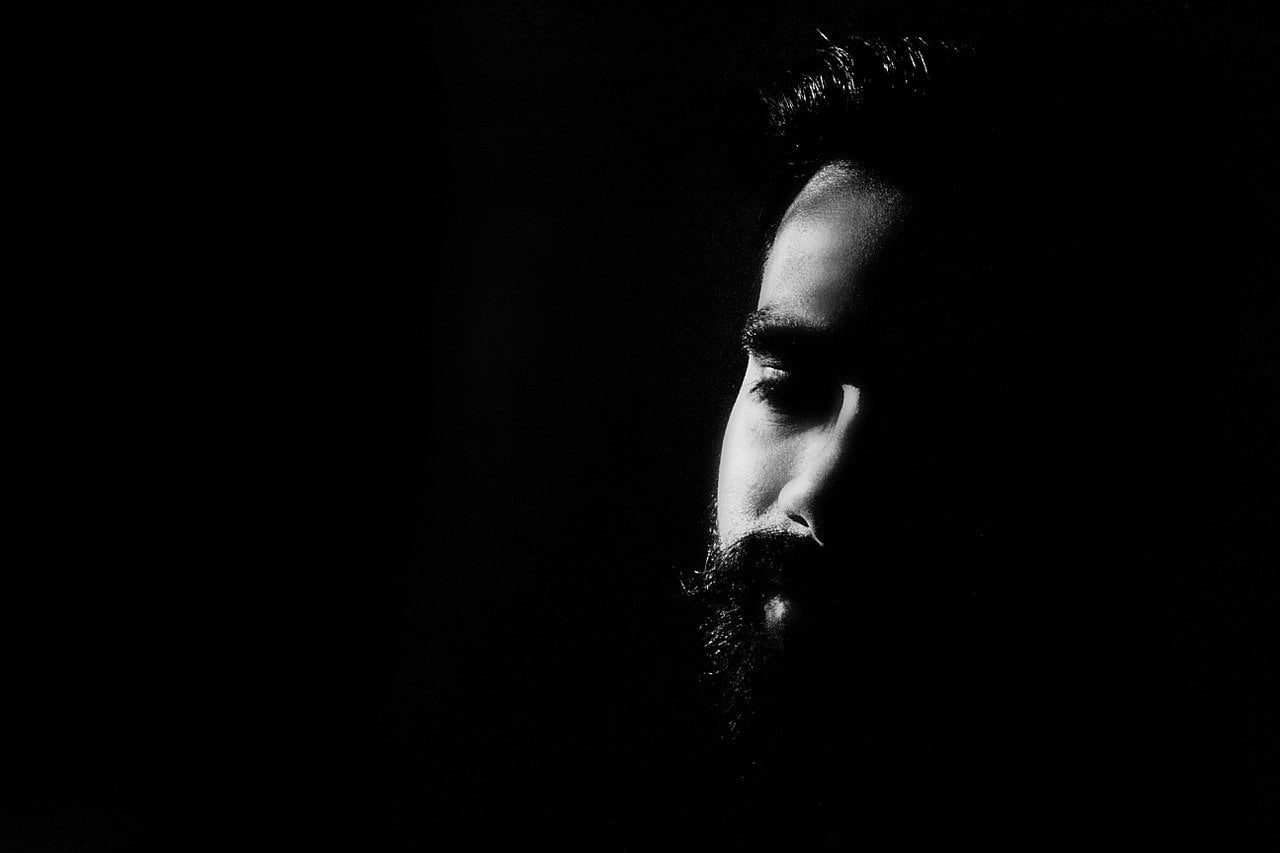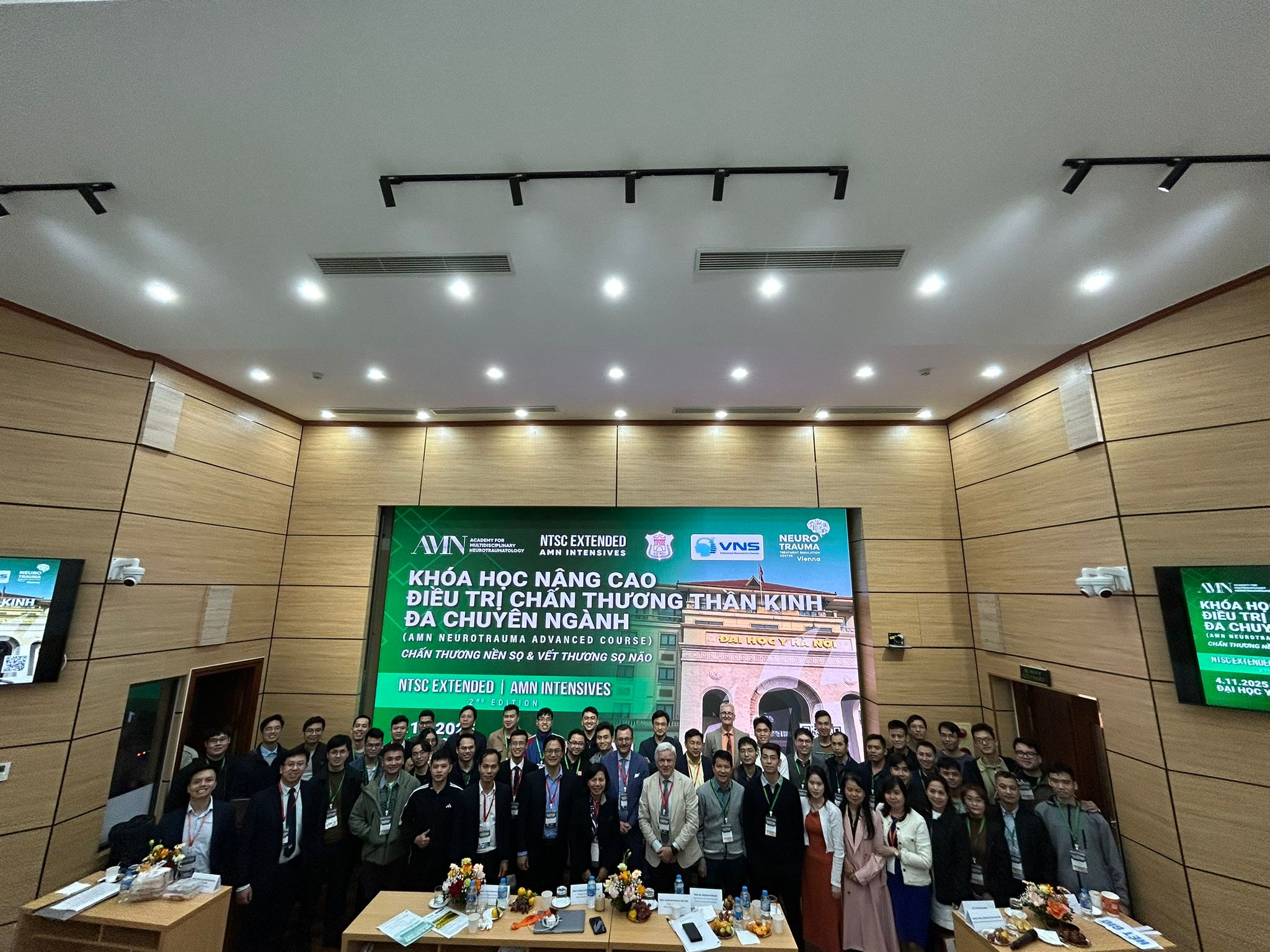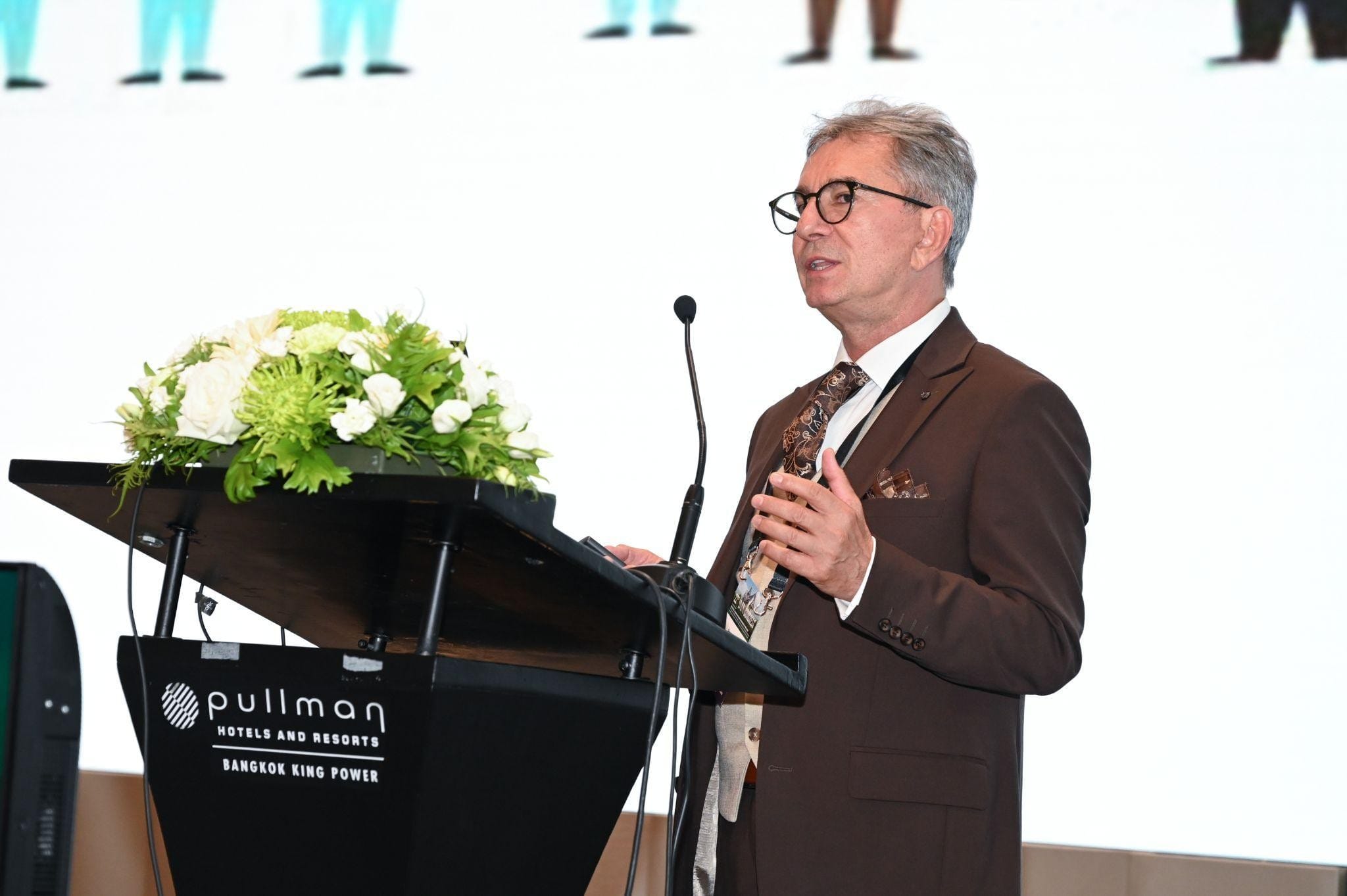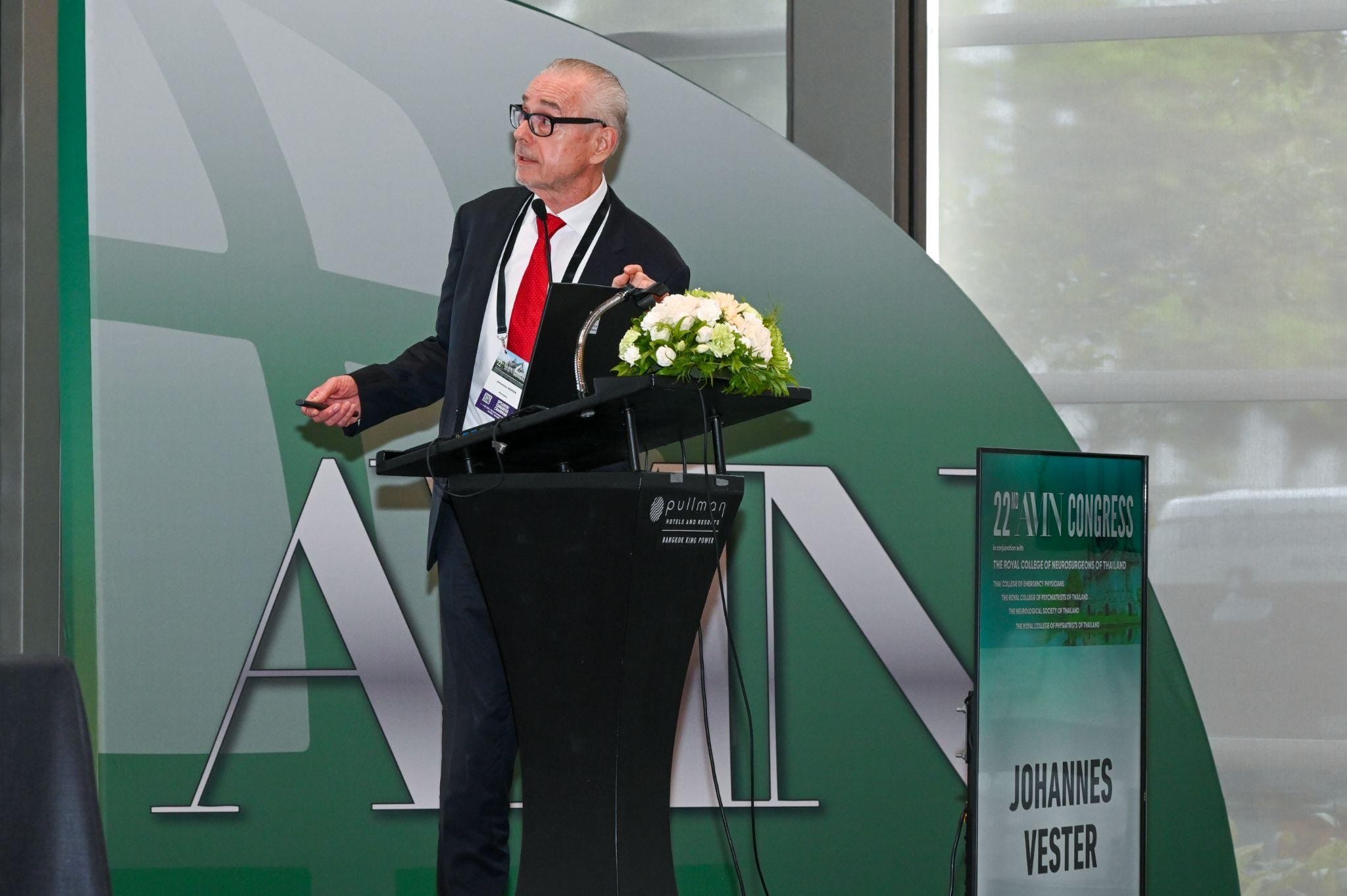A new category in the Global Neurotrauma Blog – Featured Articles – will offer readership insight into the multiple fields related to neurotraumatology. Contributions to this section aim to raise awareness of complex issues while informing the latest news, innovation, clinical guidelines and other relevant findings for the AMN community.
Moderate Traumatic Brain Injury: The Grey Zone of Neurotrauma
Moderate traumatic brain injury (MTBI) is poorly defined in the literature and the nomenclature “moderate” is misleading, because up to 15 % of such patients may die. MTBI is a heterogeneous entity that shares many aspects of its pathophysiology and management with severe traumatic brain injury. Many patients who ”talk and died” are MTBI. The role of neuroimaging is essential for the proper management of these patients. To analyze all aspects of the pathophysiology and management of MTBI, proposing a new way to categorize it considering the clinical picture and neuroimaging findings. We proposed a different approach to the group of patients with Glasgow Coma Scale (GCS) ranging from 9 through 13 and we discuss the rationale for this proposal. Patients with lower GCS scores (9-10), especially those with significant space-occupying lesions on the CT scan, should be managed following the guidelines for severe traumatic brain injury, with ICU observation, frequent serial computed tomography (CT) scanning and ICP monitoring. On the other hand, those with higher range GCS (11-13) can be managed more conservatively with serial neurological examination and CT scans. Given the available evidence, MTBI is an entity that needs reclassification. Large-scale and well-designed studies are urgently needed.
Read the full article here.
DISCLAIMER | All articles published in this category have been reproduced with the consent of their authors. The AMN and Global Neurotrauma Blog has no intellectual property claim pertaining to this material.
The content of this blog page is curated by the AMN Management Committee. For inquiries regarding content, submissions or other issues, please kindly refer to office@brain-amn.org for assistance.




